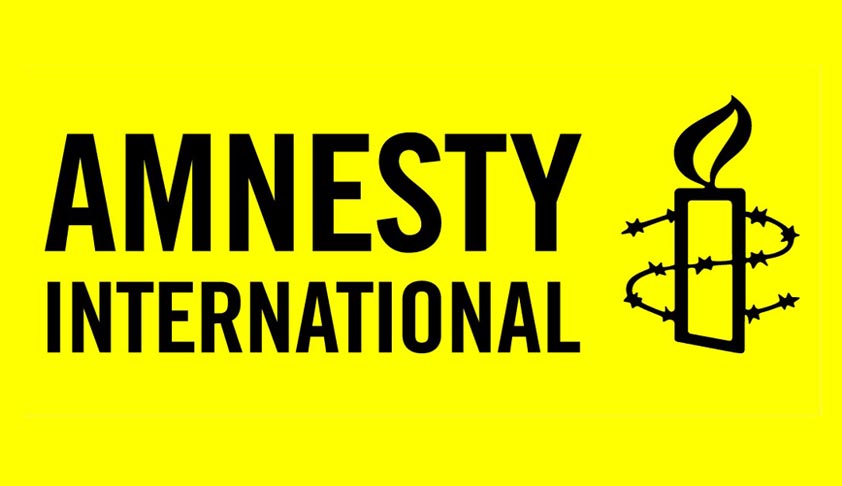- Home
- /
- Top Stories
- /
- Amnesty International India...
Amnesty International India suggests Critical reforms for Free Speech in India
Apoorva Mandhani
27 Jun 2014 2:00 PM IST
Amnesty International India has come forward to submit its suggestions based on the Consultation Paper on Media Law released by the Law Commission of India. The submission analyses existing Indian laws relating to defamation, scandalizing the court, and restrictions on online speech in light of India’s obligations under international human rights law, and provides recommendations on how...
Tags
1971Amnesty International IndiaArticle 19(1)(a) of ConstitutionArticles 120 and 215 of the ConstitutionConsultation Paper on Media LawContempt of Courts ActInternational Covenant on Civil and Political RightsLaw Commission of Indiareforms for Free Speech in IndiaSection 13 (b)Section 499 and 500 of the Indian Penal Codesection 66A of the Information Technology Act
Next Story



